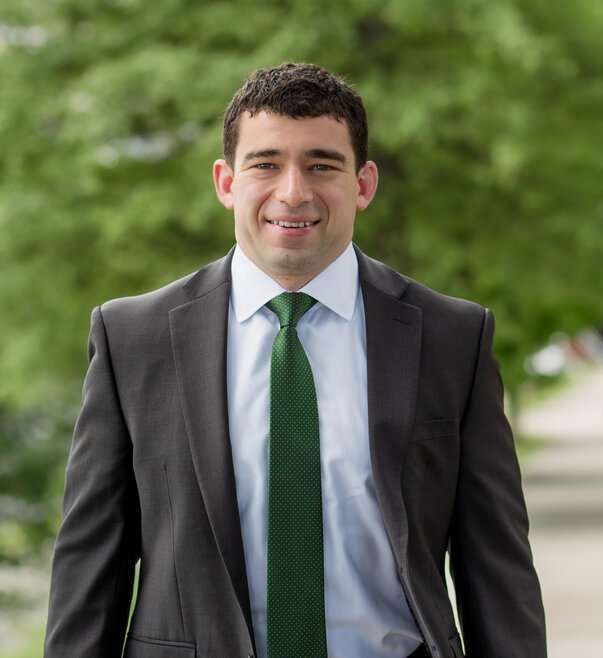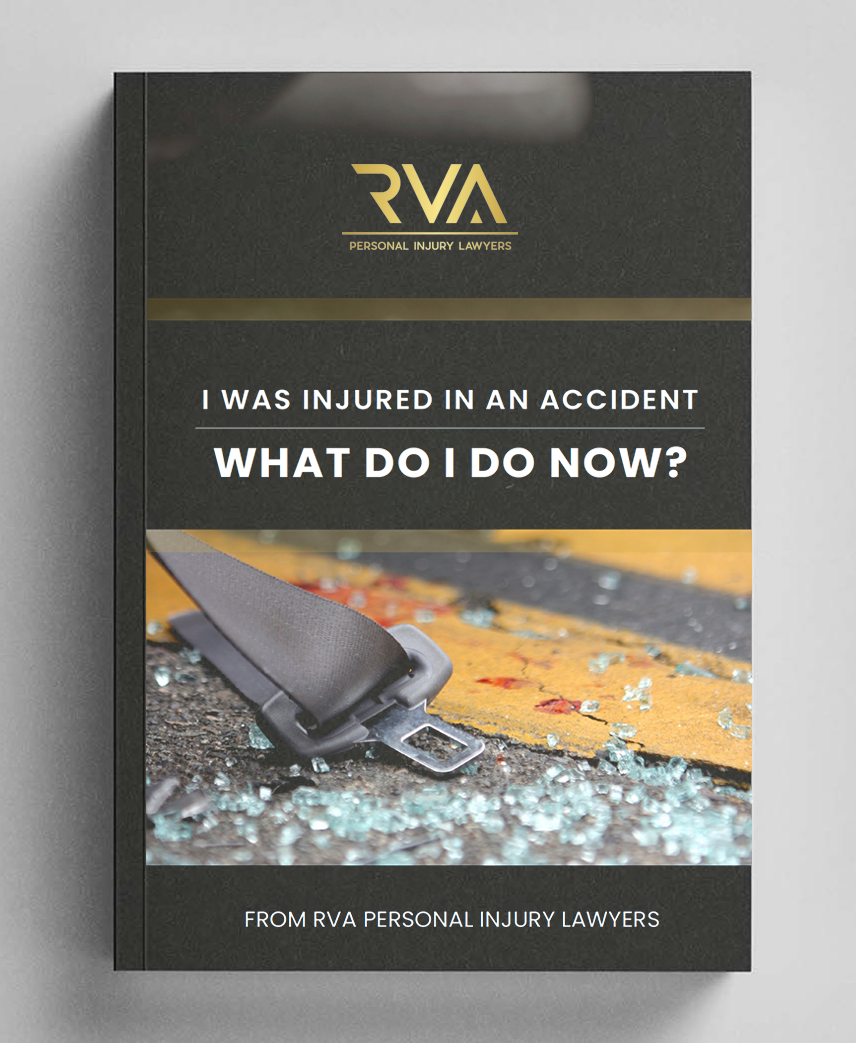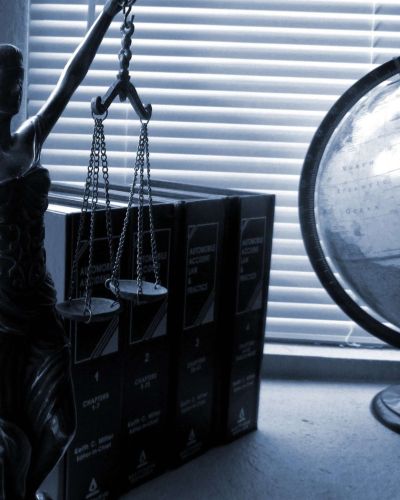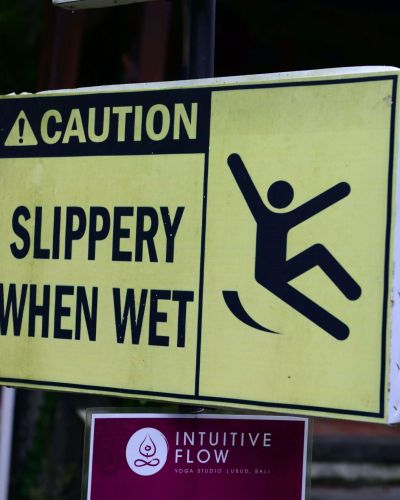Articles
So You’re Going to be a Lawyer: Advice for Your Future Self
Your mind is made up. You’re going to try your hand at law. I commend you; it will not be easy, but I guarantee you will be better prepared if you follow the below advice.
1. Work for your GPA and master the LSAT to get into a “good” law school.
Your GPA represents your work ethic. There are tons of incredibly smart people with poor GPAs and there are just as many average joes (like myself) who had near perfect GPAs. Why? Work-ethic. That’s it. Those who are committed to getting good grades more often than not get them. There is no substitute for hard work in the GPA arena. Get after it because “good” law schools require it.
The LSAT is nothing more than a necessary evil. It’s a miserable, soul-crushing test that gives law schools the ability to rack and stack you against the thousands of other applicants on an equal playing field. It’s not intuitive, but it is learnable. It’s been almost ten years since I took the LSAT, but I do remember finding PowerScore’s LSAT Prep materials helpful. However you choose to study for it, make sure you take your time to do it right. I know a number of people who were able to significantly improve their score and, in doing so, their chances of getting into a “good” law school by taking a year (or two) to study for it.
What is a “good” law school? Any law school ranked in the top 14. Sounds elitist, right? It is, and it’s true not because of what you learn, but because of the opportunities a top 14 law school gives you. Case-in-point:
Each fall at the law school I went to, hundreds of law firms and public service organizations come to recruit. Unfortunately, that does not happen at lower ranked law schools. Top-performing students at lower ranked law schools have to fight to get an interview at some of the same places average students at top 14 law schools just have to put their name on a list to get an interview. It’s not fair, but it’s the reality. Law firms and public service organizations have limited resources, so they rely on the law school application process to do the vetting for them.
I honestly do not believe there is much difference between what different ranked law schools teach, and I tend to believe that those interested in being a trial lawyer are better served staying away from the ivory towers. That said, if you want more opportunities in the law, work for your GPA and master the LSAT to get into a “good” law school. Your future self will thank you.
2. Write well.
For an aspiring lawyer, there is no skill more important than writing. It’s what we do. We write emails, briefs, motions, memos, letters, you name it. It’s the life blood of our profession. Therefore, to succeed, you must write well.
Good writing is the product of clear thinking and meticulous editing. There is no difference between good writing and good legal writing. If you can write a good term paper, you can write a good motion. The difference is a matter of form, not substance. The point of writing (in every discipline) is to communicate a message. Learn to do that well and you will be set. Here are a few resources to get you started:
On Writing Well: The Classic Guide to Writing Nonfiction by William Zinsser and The Elements of Style by William Strunk Jr. and E. B. White should be on your desk and referred to often. And if you want more, check out Bryan Garner’s Legal Writing in Plain English and The Winning Brief.
3. Speak in front of people.
This is a hard one. Public speaking is not for the faint of heart; there are many who fear it more than death. But it’s an essential skill for most lawyers. While you don’t need to be an Alan Shore, you do need to be able to effectively communicate your argument in front of others.
Although some are naturally better than others, effective public speaking is a learnable skill that improves with practice. In addition to tireless preparation, I believe to be an effective public speaker one must develop ethos through vulnerability.
Aristotle’s rhetorical triangle remains king in the public speaking arena; ethos, however, is what holds the triangle together. To develop it you must be genuine—you must allow yourself to be seen for who you are. Only then will your audience trust you and be willing to receive your message.
Here are a few practice opportunities to consider: mock trial, improv, the moth, and toastmasters.
4. Intern, volunteer, and intern some more.
There is no better way to learn about the practice of law then by getting your hands on it. Take advantage of internships, volunteer at a courthouse, grab lunch with a practicing lawyer (and shadow them for a day or two if you can), spend time watching court (Judge Judy doesn’t count), and—most importantly—explore different areas of law because you never know what might peak your interest. I’ve changed my mind about what type of law I want to practice many, many times. It’s likely you will too.
5. Become a lifelong student of the law.
Follow lawyers like Kathleen Zellner and David Rudolf, read books by lawyers like Terence MacCarthy and Herbert Stern, subscribe to blogs like Simple Justice and SCOTUSblog, watch videos of lawyers like Gerry Spence and F. Lee Bailey, and listen to podcasts like More Perfect and Reasonable Doubt.
The law and how we practice law continually changes. To be effective, you need to be a lifelong student of the law.
6. Routinely sweat out stress.
Life is stressful. Life as a lawyer is even more stressful.
I used to greet clients by asking them how they were doing. It took me a few weeks to realize what a dumb question that was. People seldom seek advice from a lawyer because they are doing well. They do so because they have serious problems they need your help with. While they are not your problems (e.g., you’re not the one facing a criminal charge), they do take a toll on you.
I’ve tried almost everything (but illicit drugs) to reduce stress, and I am confident that there is no better stress reliever than exercise done routinely. Find a form of exercise you enjoy and set aside time each day to sweat out the stress. Such a routine will serve you well while practicing law.
7. Cultivate a meaningful hobby.
In 1829, Supreme Court Justice Joseph Story opined that “[t]he law is a jealous mistress and requires a long and constant courtship.” That statement remains true today. There is no such thing as a 40-hour workweek as a lawyer. Your cases live with you; they are always on your mind. So much so that if you don’t set boundaries, you will neglect family, friends, and yourself.
One of the best ways to set boundaries is to cultivate a meaningful hobby. It doesn’t matter what it is as long as it’s something you enjoy enough to make it a priority. I play the guitar and take music lessons. It works for me. Find something that works for you.
Life is more than work. Cultivate a meaningful hobby so you don’t forget that.
$10,000,000
Defendant, while racing on a residential road, crashed into an oncoming driver causing catastrophic injuries.
$9,000,000
Defendant failed to properly secure a display at its store which led to it falling on a child causing life altering injuries.
$1,500,000
Defendant failed to keep the entrance of its store safe for the public causing significant injuries.
















